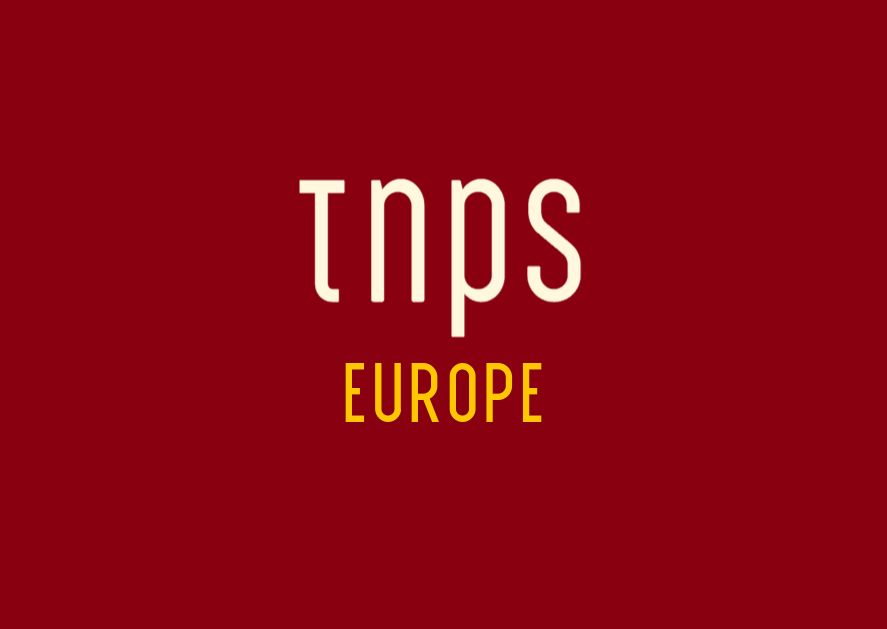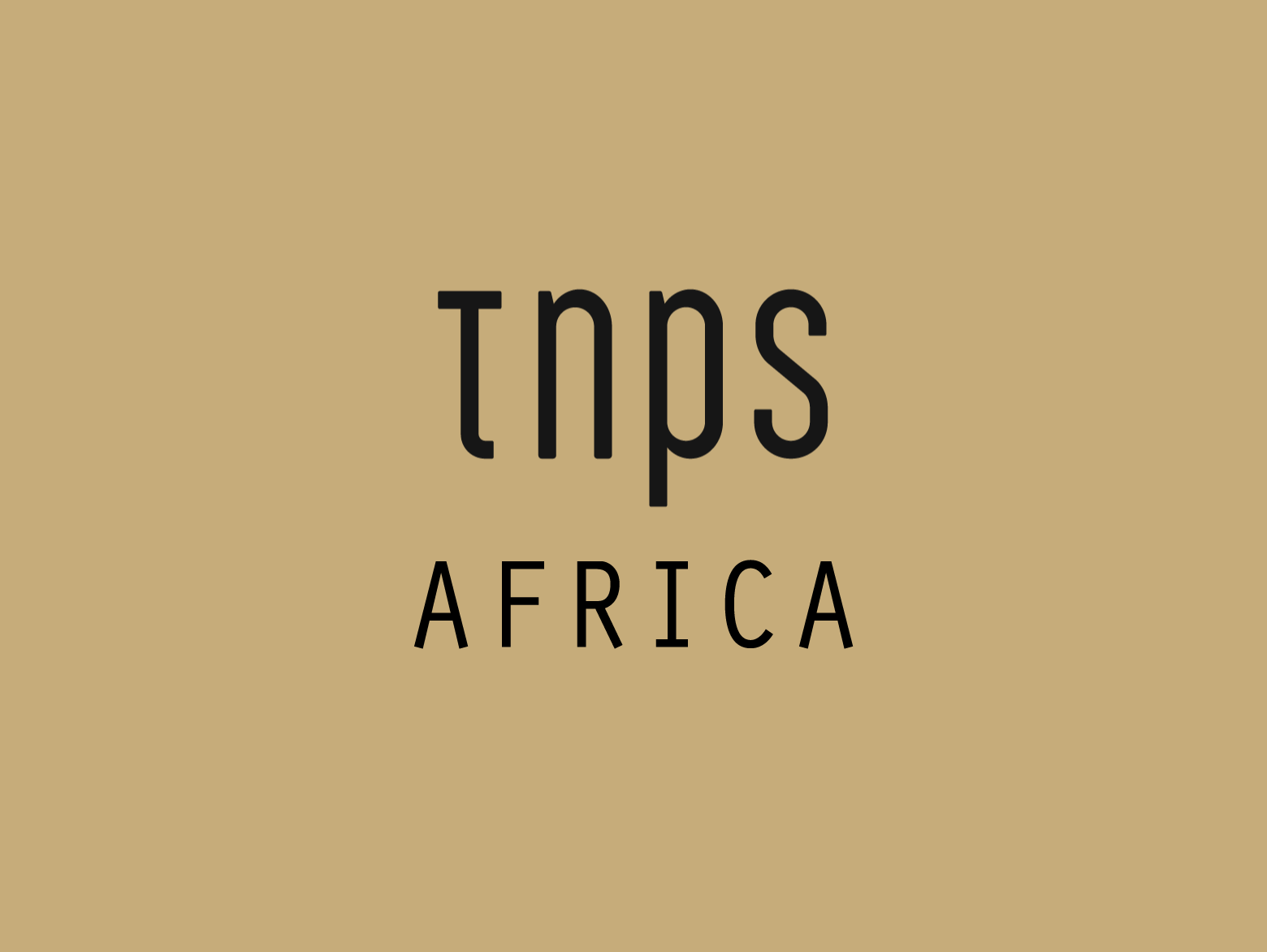As the pandemic enters its second wave, Big 5 publisher Macmillan starts hiring again, raises its entry level salary by $7k, repays salary cuts from earlier in the year, and says it’s having “a great year”. You couldn’t make it up
The Nordics are an ever-fascinating arena for students of publishing’s evolution, and that goes beyond the digital subscription experiment where innovative Nordic operators lead the way.
This week the almighty Bokmasan, the Nordics’ Buchmesse, better known outside the region as the Gothenburg Book Fair, went virtual, and attracted over 3,000 visitors on its first day. Sweden’s trade journal Svensk Bokhandel has more details.
The Buchmesse itself remains a key topic as the event dates approach, and over at UK trade journal The Bookseller, Tom Tivnan caught up with Buchmesse head honcho Jürgen Boos, the man charged with transforming the Frankfurt Book Fair from the world’s biggest in-person trade event to what may or may not be the world’s largest virtual trade event.
May or may not? As this post goes live the Beijing International “Smart” Book Fair holds that honour. The main event is live now and will wind up on September 30, but much of the fair’s activities will continue online all year.
But perhaps the real issue to be concerned with right now is not Frankfurt and the remainder of 2020, where we pretty much know where we stand, but what happens in 2021, with London, Paris, Bologna and BEA looming. Publishers and other stakeholders need to know now, in 2020, what the situation will be, not left guessing while the organisers play games.
The sensible way forward is to plan digital events for 2021 and if in-person becomes possible nearer the time add that to the programme and consider it a bonus.
But the problem for events organisers is, at least in part, wilful inertia. Much like with digital books, the industry would much prefer to retain the status quo and, pre-pandemic, would have lost little sleep if ebooks and online sales vanished overnight. Change is troublesome, unsettling, can be expensive to initiate (Frankfurt expects to lose an eight-figure sum this year), and involves steep learning curves in an industry known for its glacial pace and reluctance to adopt new ideas.
But as we’ve seen during the pandemic, publishers are not quite the lethargic, lumbering giants their detractors would paint them.
High Street sellers of printed books are struggling. PW reported that July sales from US bookstores were YOY down “only” 24.6% – evidently something we should be pleased with.
From PW:
counting on an improved last four months of the year to stem the losses incurred so far in 2020. ABA CEO Allison Hill told PW in an interview conducted as part of our coverage of the regional fall trade shows, that given disruptions to the bookselling landscape caused by the pandemic, “the next four months will determine whether many independent bookstores stay in business come January.”
Yet many publishers would appear to be laughing all the way to the bank. Seriously.
Juxtapose the above report about the plight of bricks & mortar bookstores with the news from Macmillan, as reported by John Maher and Ed Nawotka, also writing for PW:
Don Weisberg, CEO of Macmillan Trade Publishing in the US and replacement for the departing John Sargent has raised its entry level pay scale by $7,000 to $42,000 as part of a bigger financial juggling act that has seen the Big 5 publisher lurch from impending doom as the pandemic struck, cutting salaries across the board and putting hiring on hold, to kicking off a new hiring spree at the aforementioned new pay levels, returning all employees to full pay and paying back the salary amounts previously deducted. Macmillan, Weisberg told PW, is having,
a really good year.
You just couldn’t make it up.
Of course the shift to online bookfairs isn’t limited to those mentioned. The Indonesia International Book Fair is about to head online starting September 28.
The fourth largest country on the planet by internet users with 171 million people online and still only at 62% internet penetration, Indonesia is somewhere publishers ought to be salivating over, but few are taking the opportunity seriously.
Sweden’s Storytel is one firm that does understand the potential of this amazing country, and it announced its plans in July for an Indonesia launch in 2021 and Thailand this year.
Then this past week Storytel told us it would be launching in Belgium before the year’s end, with a mix of Dutch, French, English and German audiobook and ebook content.
That of course got me speculating where else Storytel might go, in mind its declared intent to be in 40 markets by 2023.
But the big audiobook story this past week was Amazon’s decision to launch Audible in Spain using the unlimited subscription model. This had been tried briefly in Japan, but soon abandoned, and has been running quietly in Italy since 2016 with little fanfare or traction, predating Storytel’s arrival but little more than a testing ground, in mind that back in 2016 digital audio had yet to assume its modern-day publishers-darling status.
But it is exactly that new and revered status that audiobooks have acquired in the ebook-first markets of western Europe that made this story of a new unlimited subscription service in a major market so poignant, and warranted the headline – “the dam has been breached!”
Of course in many ways the Audible Spain launch, like the Storytel expansion, is just the continuing saga of the digital ascendancy that, pre-pandemic, was being comfortably held at bay by entrenched analogue interest, but is now a force unleashed and taking the industry in directions all-but unimaginable as this year began.
Let me wind up this essay with Big Bad Wolf, which has just concluded its Singapore online adventure, and is about to launch its Sri Lanka event on October 1.
Per a discussion back in the summer, Big Bad Wolf parent company BookXcess initially ventured online in response to the pandemic in Indonesia and Malaysia.
In Indonesia the showcase Jakarta Big Bad Wolf event had gone ahead in-person, but was forced to close early as Covid-19 cases soared. In response Big Bad Wolf opened shop on the SE Asia online platform Tokopedia, where it has been intermittently running sales since. The next Big Bad Wolf sale on Tokopedia Indonesia is set for October 5-7.
Then lockdown hit Big Bad Wolf’s home country Malaysia, forcing BookXcess to hold a two-day online sale in late May. Those two days brought in the equivalent of five months regular revenue, and the die was cast.
But as Big Bad Wolf co-founder Andrew Yap noted, while that two-day session demonstrated,
the power of going online … (w)hat’s stopping us from doing the BBW online sale now is that we cannot pick and pack those orders fast enough.
It has been so painful running the company and trying to sell books physically in the last 10 to 12 years. In this aspect, Covid-19 has been helpful [in accelerating our digital push].
The summer has seen Big Bad Wolf invest in online infrastructure, with its own dedicated sales sites for Thailand, Singapore and Sri Lanka, and offline infrastructure to ensure these sales can be processed and the goods delivered.
The Thailand adventure was a test-run that had more than its fair share of teething problems. No word yet on how successful Big Bad Wolf Singapore was, and Big Bad Wolf Sri Lanka will again be more experimental than smooth-running. But we should expect the BookXcess team to be spending a lot of time refining the process and learning from the mistakes made in these early incarnations.
And that’s the true beauty of the process – things will get better as we move forward, as experience, technology and consumer engagement grows.
As I’ve said so often here at TNPS, you can’t put the digital genie back in the bottle. But the pandemic has not so much uncorked the digital genie as smashed the bottle wide open.





